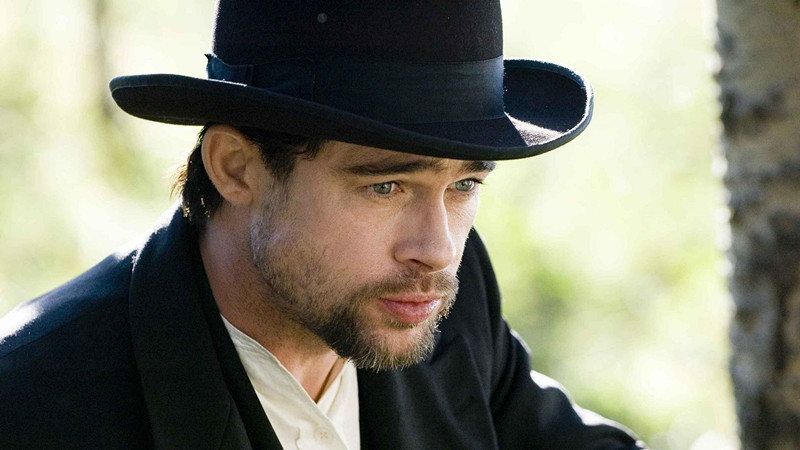
One common narrative about present-day mainstream (US) cinema is that it is too fast and shallow. The average shot-length of a Hollywood action-film is around 2 seconds. There is no time allotted to let the mind rest, it’s all constant action; fast editing, short shots, loud music and a lot of special effects. Now the meaning of the value of those films can all be debated, but it’s clear that mainstream cinema has gotten faster over the years. Such mainstream films often don’t demand anything from the viewer, no introspection of what is shown on screen, instead they are an almost desperate attempt to keep the viewers attention at all times in an era where there are many other distractions.
Slow cinema has often gone hand in hand with an appreciation for the symbolic and a love for the cinematic language. Slower films tend to become transcendental experiences, their demand of the viewer is part of what makes the film so rewarding, if done well. If, however, the filmmakers makes demands of the watcher but does not offer anything special a film can become extremely frustrating. A slow (and lengthy) film therefore has to go the extra mile.
It is therefore not to say that slower or more demanding cinema is inherently better. It is not., it just has different merits. Slow cinema works well for filmmakers and watchers that are interested in contemplative or existential cinema; that want to be taken on a meditative journey and like to have the space to think during a film. For those watchers here are ten masterpieces that you should not miss.
10. Solaris (1972)
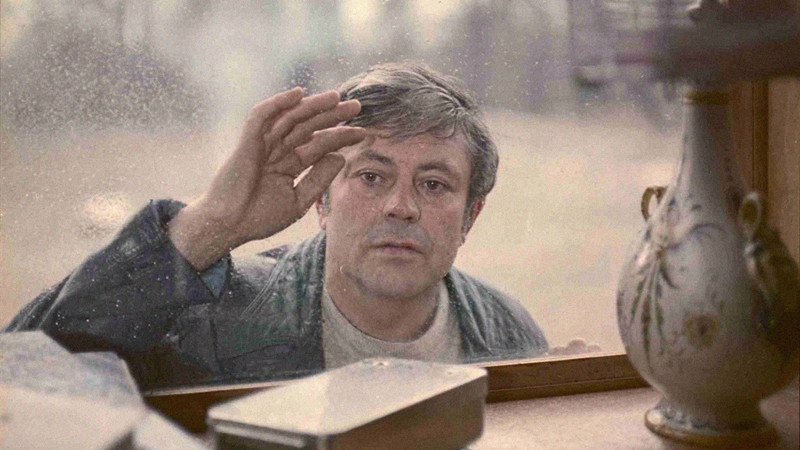
Director Andrei Tarkovsky might be one of the most notoriously slow filmmakers. Tarkovsky’s films are characterised by their meditative pace, and often exhibit a dreamy quality. He tends to shoot movies according to an intuitive logic that demands the viewer to let go of standard film expectations, and instead let themselves float away in his highly symbolic and gorgeously shot scenes. ‘Solaris’ sees an astronaut go to a strange planet, consisting of a sea, where the previous crew has gone mad.
More so than director Tarkovsky’s other famous sci-fi work ‘Stalker’, ‘Solaris’ really takes its own pace and does not take the viewer by the hand. The film is a beautiful sometimes scary and often puzzling ride. It is not often that alien intelligence is portrayed as actually so very alien to our own way of thinking. Another must-watch for fans of slower cinema, and another classic from director Tarkovsky.
9. Harakiri (1962)
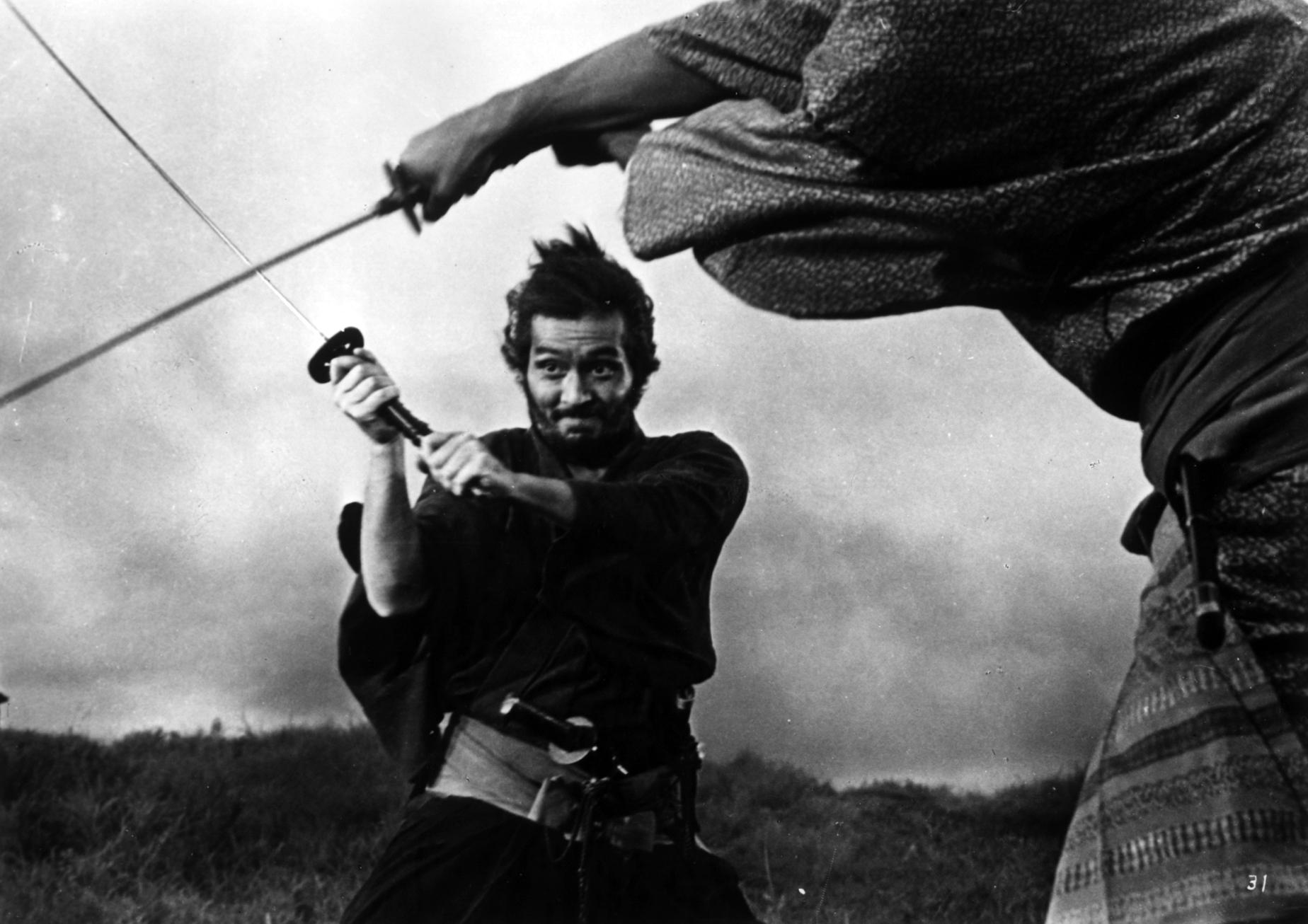
In 17th century Japan peace means the end of the usefulness of samurai. Without a purpose, one way to go out honourably is ritual suicide: hara-kiri. An old samurai (Tatsuya Nakadai) arrives at a clan’s house asking to be able to perform this ritual, but the clan doubts his seriousness, and tells him the story of another samurai that asked for the same thing last year.
‘Harakiri’ is a film about honour. Slowly but steadily the story unfolds itself, each time revealing more information about what actually happened. It asks difficult questions; what is honour truly, taking care for your family if it means abandoning sacred rituals and moral codes? Director Masaki Kobayashi shoots ‘Harakiri’ deliberately, with steady and well-placed shots, and takes a long time to build up his story and themes ending in an explosive conclusion. The film is a clear influence on Spaghetti-Westerns, with its duelling scenes, has inspired more action-oriented filmmakers like Quentin Tarantino, and at the same time functions as a cinema masterpiece not afraid to ask difficult questions.
8. Once Upon a Time in Anatolia (2011)
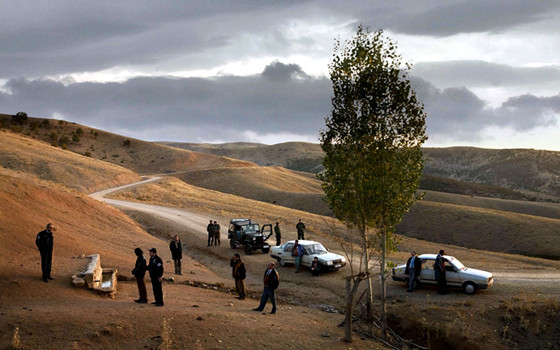
Director Nuri Bilge Ceylan (‘Three Monkeys’, ‘Winter Sleep’) is a Turkish director interested in existential themes, and prefers long takes, characters talking and a meditative pace. It is not surprising he is influenced by directors like Andrei Tarkovsky, Yasujiro Ozu and Michelangelo Antonioni. ‘Once Upon a Time in Anatolia’ tells the story of a group of policemen and doctors going out to the Anatolian countryside to find the body of a murder victim, but the suspect doesn’t remember the exact hiding place.
There is a lot of Tarkovsky in how the discussions of the men, stuck together for a day and a night, show the different viewpoints surrounding the themes director Ceylan wants to address. The children paying for the sins of the parents is an important one in ‘Once Upon a Time in Anatolia’, but also the complex and fleeting idea of ‘truth’. The film is shot as to be expected by director Ceylan, in long slow takes with a lot of attention to the setting and many Tarkovsky-esque symbolic shots. Beautiful, slowly unfolding drama from a filmmaker currently at the height of his prowess.
7. Love Streams (1984)
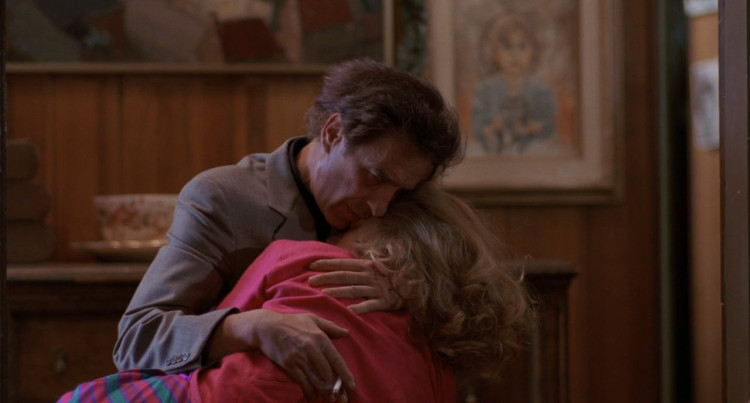
One of, if not the most, impenetrable film by director John Cassavetes. The multitalented filmmaker also plays one of the main characters, Robert Harmon, and the bad state of Cassavetes health adds to the character. It would be the last film he directed. ‘Love Streams’ tells the story of a brother Robert (Cassavetes) and a sister Sarah (Gena Rowland, Cassavetes wife and frequent collaborator) both lost in life and bereft of love. Robert is a miserable drunk who frequently pays prostitutes but pushes every real connection away, and Sarah relentlessly needs love from both ex-husband and her own daughter who is pushed away by her mental state.
‘Love Streams’ is a film which does everything slightly different. When an ex-wife drops of Robert’s supposed son, it’s not a story of reconnection. In fact Robert seems incapable to take care of anything including himself. Many scenes might have been played for laughs in other films, but in ‘Love Streams’ they’re just enormously tragic. It’s not a film with redemption arcs and has two thoroughly unlikeable, if pitiable, characters in the middle. Add to that little flourishes that director Cassavetes adds, like sudden jump cuts and abrupt music which make for a jarring effect, and you have a though demanding watch on your hands. ‘Love Streams’ is as unlikeable as its main characters, but it is a rich film for those who dare thread its waters. It goes to those corners of the human mind and human experience that we rather not visit.
6. The Assassination of Jesse James by the Coward Robert Ford (2007)
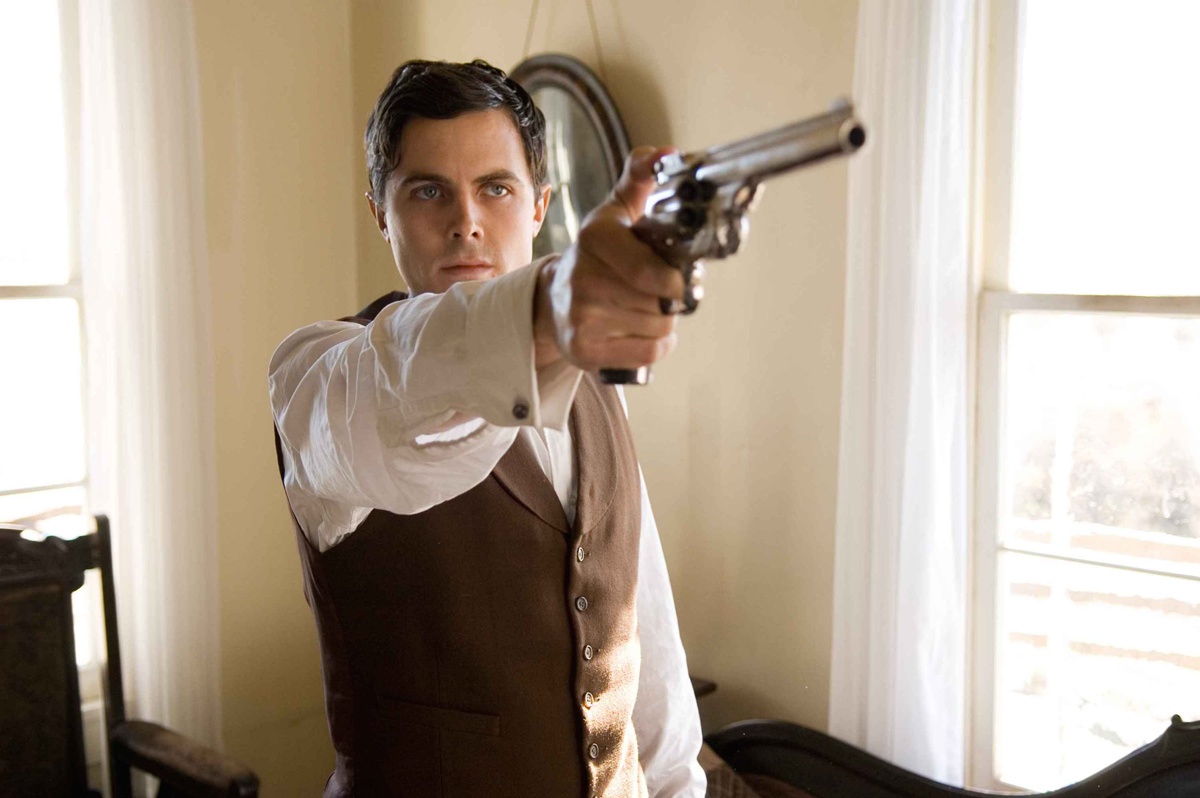
Director Andrew Dominik is an interesting filmmaker. He has only made three full-length feature films since 2000, and all are wildly different in style. The only real connecting thread is his interest in violent and self-destructive characters. ‘The Assassination…’ follows Robert Ford (Casey Affleck) who is obsessed with Jesse James (Brad Pitt) and becomes part of his gang. It is a story easily extrapolated to current times, mindful of the dangers of celebrity worship and idolization. Indeed Jesse James can’t live up to his fabricated image, he is a tortured and self-destructive man, and the tensions between the possessive Ford and the outlaw James grow more and more.
A special note should be made for the work of cinematographer Roger Deakins who really outdoes himself here, the train robbery scene at the beginning of the film alone offers some of the most beautiful and memorable cinematography in a long time. Cinematographer Deakins is definitely one of the main reasons that the film has such an ethereal quality to it, especially notable because ‘The Assassination…’ follows such brutish characters. It is a beautiful film about not-so beautiful, conflicted people.